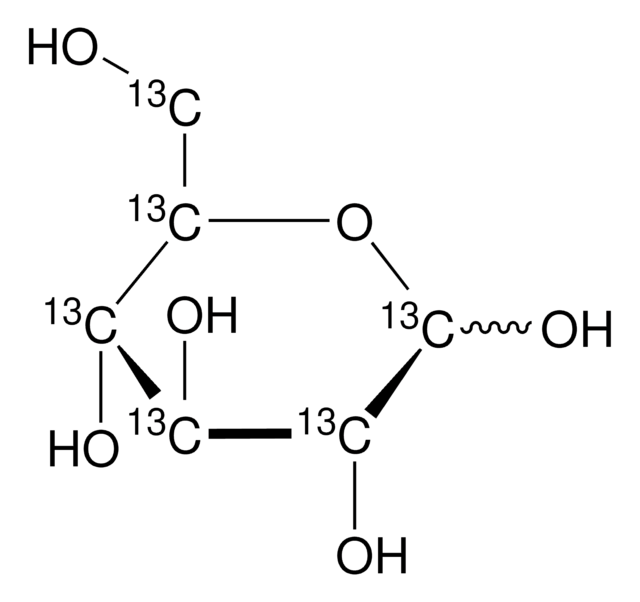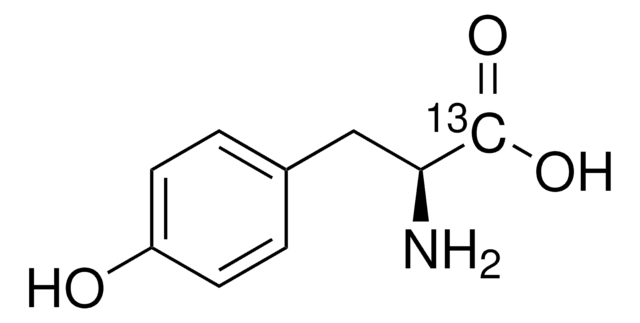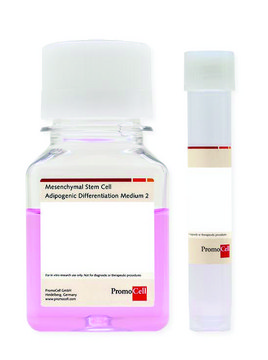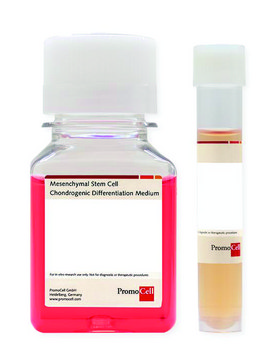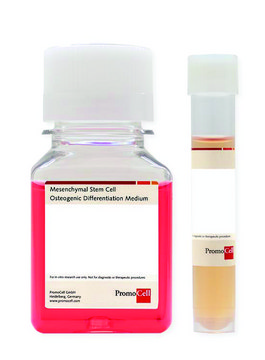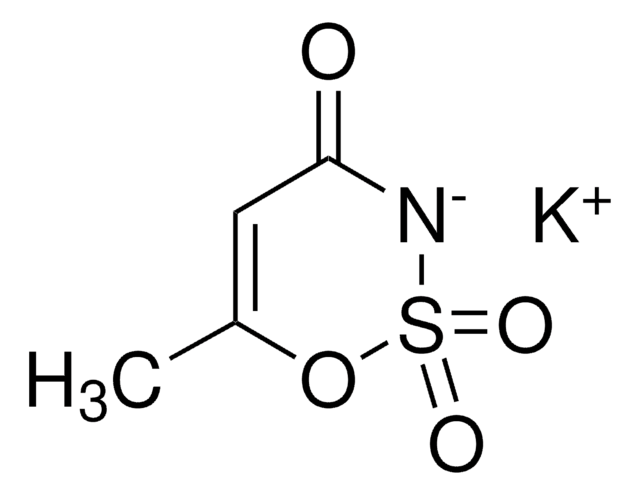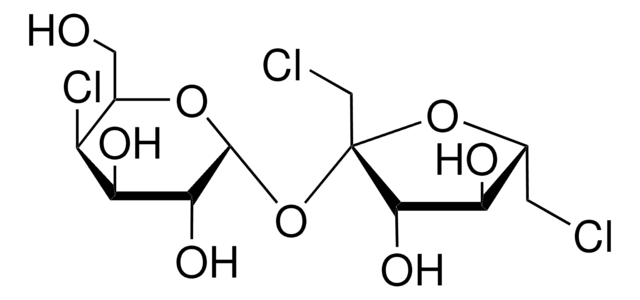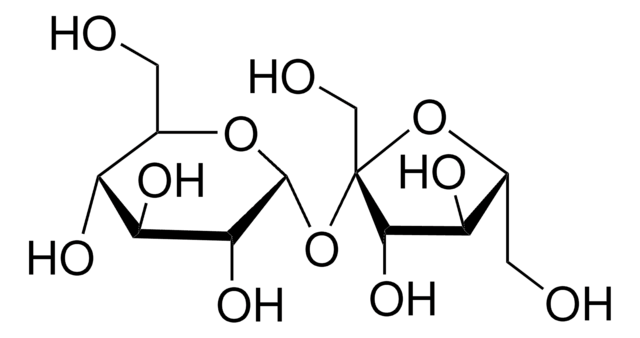C-28016
Mesenchymal Stem Cell Adipogenic Differentiation Medium 2
Ready-to-use kit including Basal Medium and SupplementMix, 100 ml
Synonyme(s) :
Adipogenic Differentiation Medium, Mesenchymal Stem Cell Medium
Sélectionner une taille de conditionnement
₹18,420.00
Sélectionner une taille de conditionnement
About This Item
₹18,420.00
Produits recommandés
Forme
liquid
Conditionnement
pkg of 100 ml
Technique(s)
cell culture | mammalian: suitable
Conditions d'expédition
wet ice
1 of 4
Cet article | C-28015 | C-28014 | C-28013 |
|---|---|---|---|
| technique(s) cell culture | mammalian: suitable | technique(s) cell culture | mammalian: suitable | technique(s) cell culture | mammalian: suitable | technique(s) cell culture | mammalian: suitable |
| form liquid | form liquid | form liquid | form liquid |
| packaging pkg of 100 ml | packaging pkg of 100 ml | packaging pkg of 100 ml | packaging pkg of 100 ml |
| shipped in wet ice | shipped in wet ice | shipped in wet ice | shipped in wet ice |
Description générale
Application
Qualité
Stockage et stabilité
Procédure de repiquage
Code de la classe de stockage
12 - Non Combustible Liquids
Point d'éclair (°F)
Not applicable
Point d'éclair (°C)
Not applicable
Faites votre choix parmi les versions les plus récentes :
Certificats d'analyse (COA)
It looks like we've run into a problem, but you can still download Certificates of Analysis from our Documents section.
Si vous avez besoin d'assistance, veuillez contacter Service Clients
Déjà en possession de ce produit ?
Retrouvez la documentation relative aux produits que vous avez récemment achetés dans la Bibliothèque de documents.
Les clients ont également consulté
Notre équipe de scientifiques dispose d'une expérience dans tous les secteurs de la recherche, notamment en sciences de la vie, science des matériaux, synthèse chimique, chromatographie, analyse et dans de nombreux autres domaines..
Contacter notre Service technique